Supporting elections across Africa continues to be a priority and we’ve dedicated unprecedented resources both locally and globally, with protecting election integrity at the centre of this work. This update provides an overview of our ongoing work in reducing misinformation, removing voter suppression, preventing election interference, supporting civic engagement and increasing transparency in political advertising.
Combating Misinformation and False News
We’re working hard to fight the spread of misinformation on our services because we know that people want to see accurate information on Facebook and Instagram – and so do we. Our updated policies allow us to remove misinformation which could lead to imminent violence or physical harm, and also remove misinformation which could prevent people from voting, such as false news related to the dates, location, time and voting methods.
Over the past year we’ve expanded our work with independent fact-checking organisations across Africa to review and rate the accuracy of content shared on Facebook and Instagram. We work with organisations such as Dubawa, Africa Check, Pesa Check, AFP, Congo Check and France 24 – all of which are certified by the International Fact Checking Network. The program now covers 18 countries across Sub-Saharan Africa and also supports languages such as Swahili, Wolof, Igbo, Yoruba, Zulu and Setswana.
Boosting Digital Literacy and Helping People Spot False News
We want to make sure people know how to spot false news and alert us about it. That’s why we continue to run campaigns focused on providing educational tips on how to spot false news like ‘Three Questions To Help Stamp Out False News’.
These campaigns are available in local languages and run across both local radio and on Facebook. We are also continuing to run education ads focused on hate speech, that explain how it’s defined and actions people can take.
Making Political Ads More Transparent
We believe political discussion and debate should be transparent to every voter, which is why over the past few years we’ve introduced tools that provide more information about political ads on Facebook and Instagram. Since launching our political ads transparency tool in 2019, we’ve expanded this to cover a number of countries across Sub-Saharan Africa.
We encourage anybody who wants to run ads about elections or politics to go through a verification process to confirm their identity and that they live in the country they are targeting. In a growing number of countries across Sub-Saharan Africa we have made this process mandatory. We run additional checks to ensure compliance with our policies, and every political ad is labelled with a “paid by” disclaimer so you can see who paid for them.
We also store all political ads in our Ads Library so that everyone can see what ads are running, who saw the ads, and how much was spent. These changes mean that political advertising on Facebook and Instagram is now more transparent than other forms of election campaigning such as billboards, newspaper ads, direct mail, leaflets, or targeted emails.
Promoting Civic Engagement
Helping to build informed and civically engaged communities is central to our work around elections. For example, in countries like Ghana, Ivory Coast and Guinea we’ve engaged in conversations with civic stakeholders such as the Electoral Commissions and civil society organisations.
Focusing on how Facebook can be a positive tool for civic engagement and the steps they can take to stay safe while using our platforms. We’ve also conducted virtual trainings on ads enforcement and civic engagement with political parties in these same countries.
We continue to roll out a number of products and features across Facebook and Instagram, including Election Day reminders at the top of Facebook’s News Feed to encourage people to vote, and Security Megaphones to remind page admins of political groups to further secure their accounts using Two-Factor Authentication. We’ve also trained parties, and candidates on security best practices, and how to avoid common threats online.
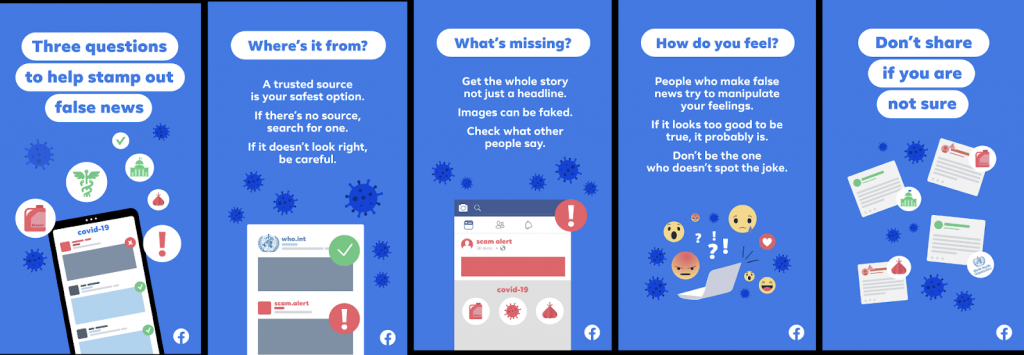
Keeping People Safe
Keeping people safe on Facebook and Instagram is always our top priority and this is especially important during elections. Since 2016 we have tripled the size of the teams working on safety and security to more than 35,000 people. We’ve hired more systems engineers, security experts and content reviewers, including native language speakers in Swahili, Amharic, Zulu, Somali, Oromo and Hausa, to name a few examples.
We’ve also pioneered the use of artificial intelligence to find and remove harmful content more quickly. Between April and June of this year, we removed over 15 million pieces of graphic and violent content globally, detecting over 99% proactively before anyone had to report it.
See Also >> Top 10 Facebook Safety Tips For Parents
Our efforts to keep people safe also include using different tools to reduce harmful content from certain accounts and as hate speech evolves. To further limit the spread of potentially inflammatory content, we continue to temporarily demote content in the News Feeds of users in Ethiopia, and other countries across Africa if it comes from those who repeatedly and severely violate our policies, whether or not those repeat violators are located in the country.
As we do in other languages, we’ve also started using our technology to stay ahead of new trends in hate speech in Amharic and Oromo. We identify new forms of potentially violating speech that hasn’t yet been reviewed for possible removal from our platform and demote this content to reduce the risk of it going viral or inciting violence or hatred, taking local context into account.
Partnerships with NGOs and Civil Society
Alongside our local experts on the continent, we continue to work on-the-ground with NGOs and civil society across many African countries to enable us to better understand challenges and how we can tackle them more effectively. This work continues to be instrumental, with local partners giving us feedback that we incorporate into our policies and programs.
We’re committed to making Facebook and Instagram places where people feel safe, can access accurate and transparent information and, most importantly, make their voices heard.

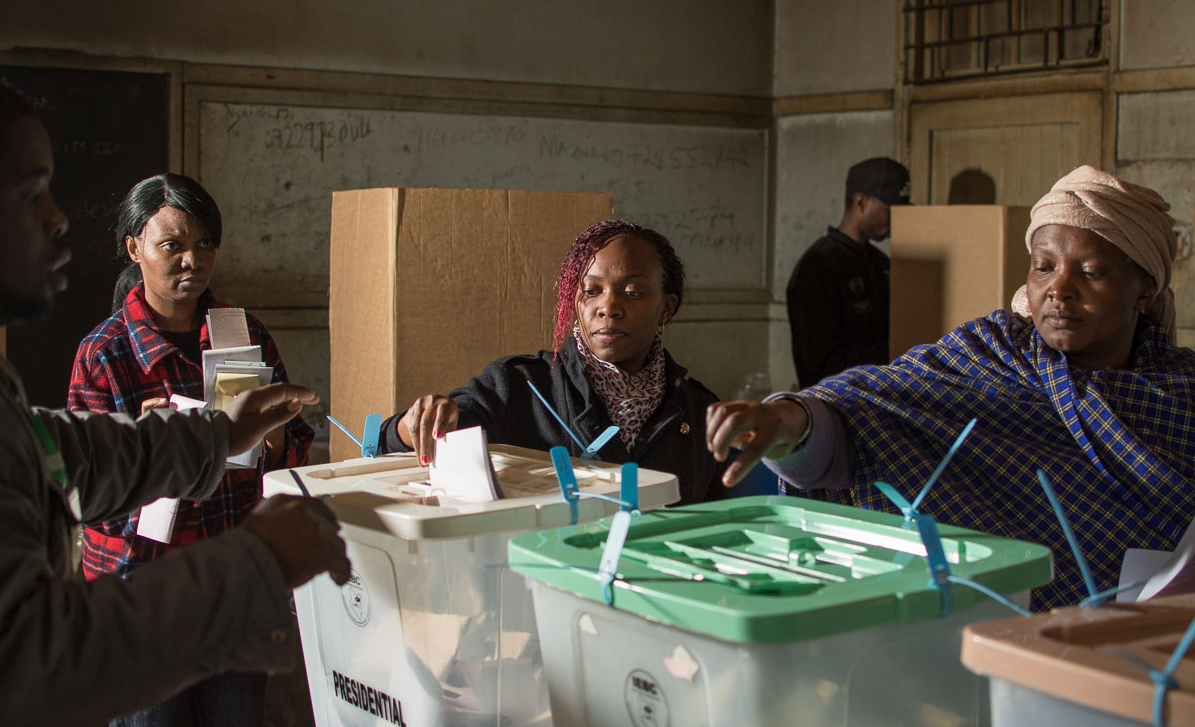





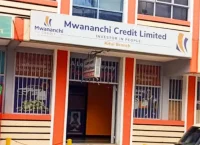


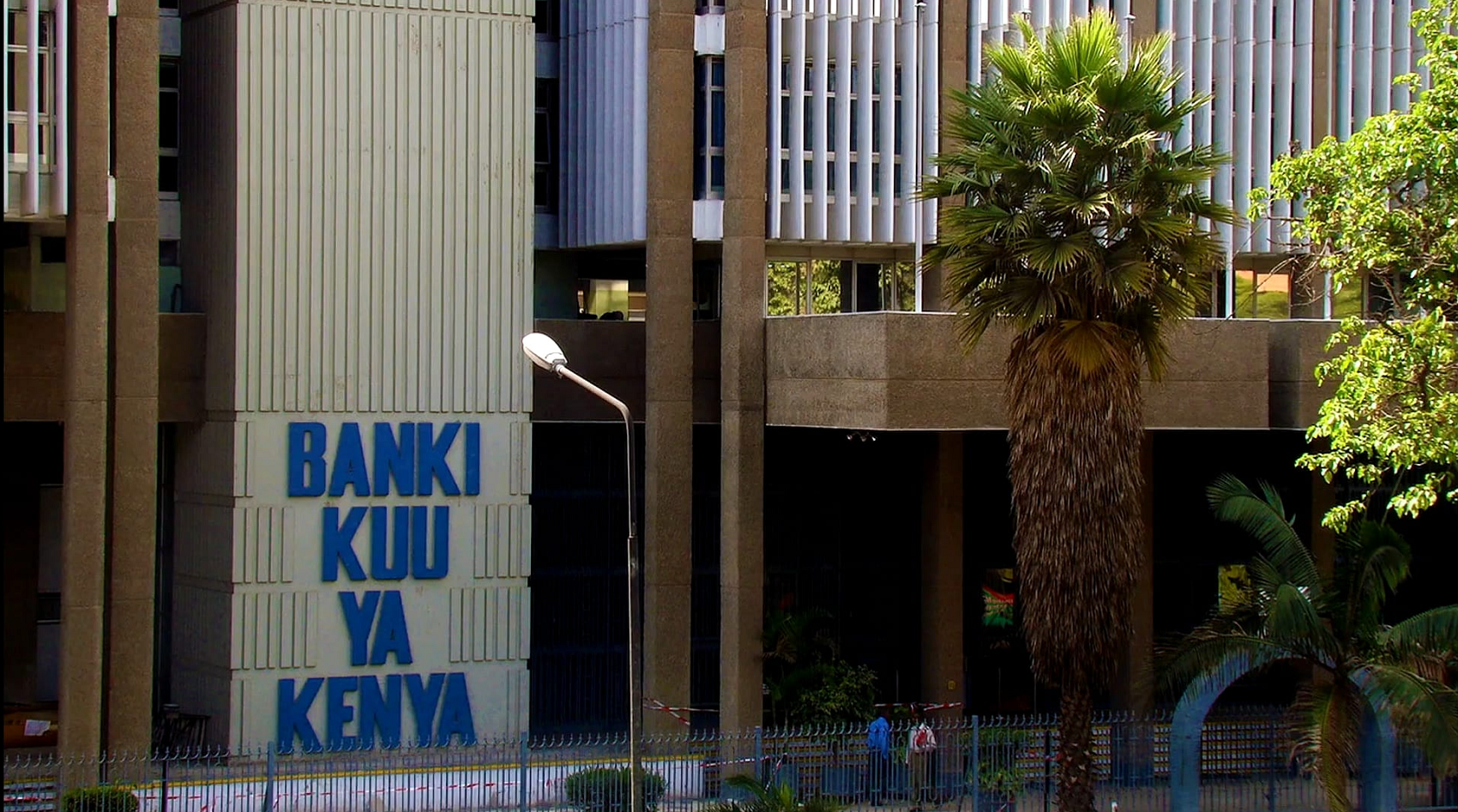
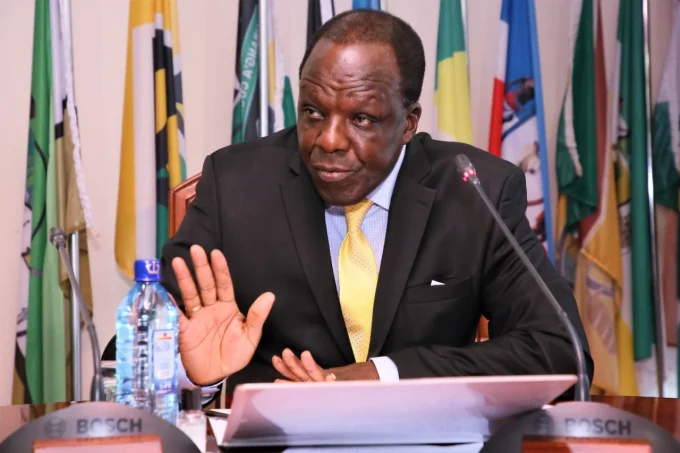
Leave a comment